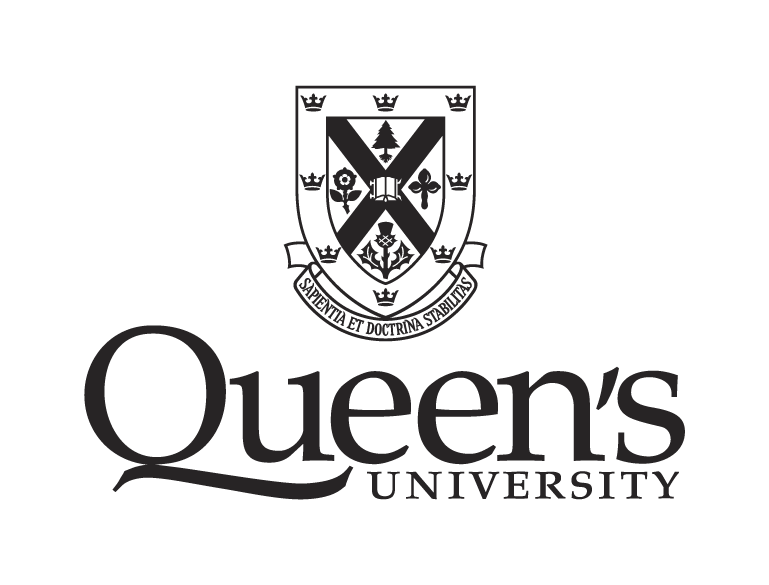A. ETHICS PILLAR DESCRIPTION
Many of the decisions physicians make have an ethical component. In some of these situations, knowing or doing the right thing can be unclear or difficult. Issues typically arise when there is genuine uncertainty about what is ethically required, when two or more values apply to a situation that can’t be honored at the same time, and when professionals know the right course of action but encounter barriers to carrying it out. In this unit, students will strengthen their abilities to recognize aspects of health care that raise complex ethical questions and will develop approaches to creatively and effectively answering these questions. Over six weeks, we discuss illustrative ethical issues encountered in different types of health care organizations, including family medicine clinics, acute care hospitals, rehabilitation hospitals, and long-term care facilities. The values, principles and related laws and policies we draw on are also applicable to diverse patient populations.
Because healthcare ethics is a deliberative activity, this unit emphasizes learning-by-doing. In addition to introducing students to topical ethical issues in healthcare using a case-based approach, students will draw on their abilities to charitably understand contentious issues from multiple perspectives, assemble evidence in order to develop a principled position, and to communicate complex ideas.
B. LEARNING OUTCOMES
After completing the ethics class series, students will be able to:
• demonstrate awareness and understanding of the ethical dimensions of healthcare provision
• locate, analyze and synthesize relevant health legislation, professional codes of ethics and practice standards, institutional policies, and scholarship to assist in decision-making
• use critical thinking skills, tools and resources in order to clarify what issues are at stake; bring together involved parties’ perspectives, evidence and other contextual features; generate a wide range of options in alignment with law, values and duties; and make reasoned decisions about what is right, just or fair in particular situations
C. REQUIRED READINGS
Required readings for each class will be posted on Medtech at least one week in advance of the class. Readings for sessions 3-6 will be selected by the presentation groups in collaboration with the instructor.
D. ASSIGNMENT AND GRADES
There is one RAT, one two-part ethics assignment and one course quiz that includes 6 ethics multiple choice questions. For the assignment, students are required to (1) submit a plan and (2) give a class presentation accompanied by peer to peer facilitated small group discussion. Students will have three weeks to prepare their assignments. Detailed assignment instructions are posted separately on Medtech (on the Ethics Session 1 page). Additional details about how to prepare for the quiz questions will be provided in class.
Both parts of the assignment must receive a pass in order to receive a passing grade for the ethics section. The assignment and the quiz make up one part of the Professional Foundations 113A final course grade. For additional information about grading, select the “assignments” tab in the “assessment strategies” section of the course page on Medtech.
E. SESSION DESCRIPTIONS
There are six ethics sessions, each two hours in length.
Session 1 and 2
The first two sessions provide a foundation for the rest of the unit. By the end of the first two sessions, students will be able to:
• understand what ethics is
• describe some historical landmark events in medical ethics
• give examples illustrating how ethics is relevant to the practice of medicine
• explain some important features of theories and principles of ethics as they apply to medicine
• use an approach to ethical decision-making in clinical contexts

Instructors
Hannah Kaufman
Session 3-6
In these four sessions, students will participate in small group presentations and facilitated small group discussions. Our aim in these sessions is to:
(1) create a safe forum for you to clarify, apply, test and extend the material introduced in the first two sessions;
(2) give you opportunities to practice using ethical deliberation and decision making skills, and
(3) invite you to reflect on your own moral commitments and learn what others think about challenging ethical issues.
Learning objectives for each of these sessions will be developed by presentation groups in collaboration with the instructors and will be posted on the relevant session page at least one week in advance.
Please note that attendance for all ethics sessions are mandatory. These sessions are very interactive and most of the learning takes place in class. If you do need to miss a session for any reason, please let your instructor know in advance, if possible.
